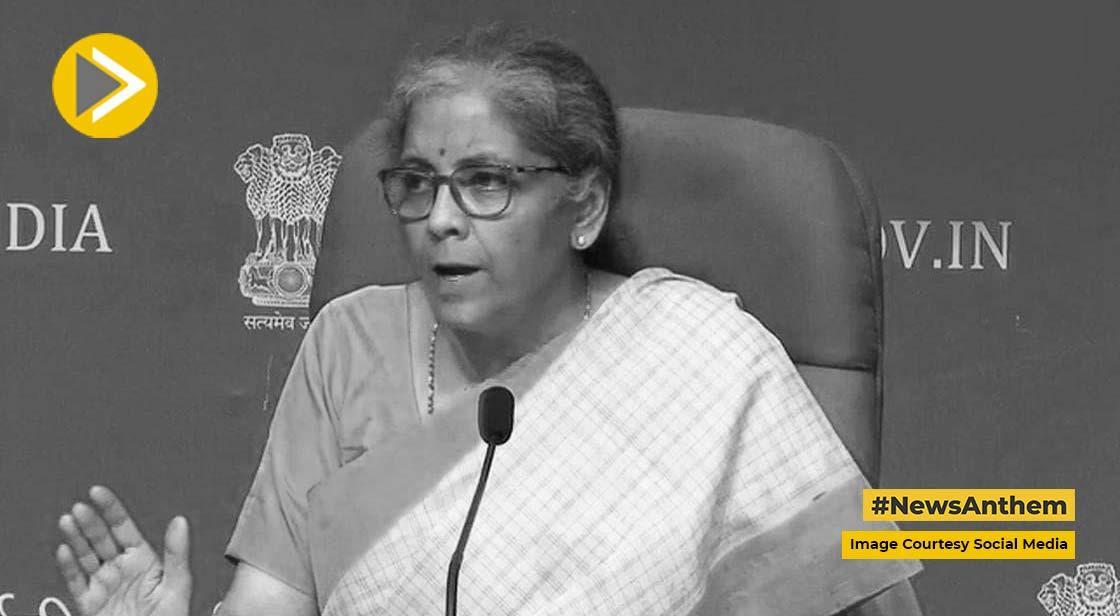Budget 2025: Tax Reforms for FDs and Savings Simplified

News Synopsis
As the Union Budget 2025 draws near, the government is under pressure to unveil measures that will not only stimulate middle-class savings but also bolster the banking sector. Finance Minister Nirmala Sitharaman recently convened with representatives from the financial sector to discuss potential tax incentives for fixed deposits (FDs) and other savings instruments.
This News article explores the proposed measures and their potential impact on the financial landscape.
TAX RELIEF FOR FIXED DEPOSITS: A GAME-CHANGER?
Key stakeholders from the banking and capital markets sectors have proposed treating FD interest separately from regular income tax. Alternatively, linking it to long-term capital gains tax is also under consideration.
These measures aim to:
-
Make FDs more attractive: Addressing the steady decline in deposit growth.
-
Boost middle-class savings: Offering a viable tax-efficient option for risk-averse investors.
Currently, FD interest is taxed as regular income, discouraging many potential investors. A more lenient tax regime could revive interest in this traditional savings tool, enhancing liquidity in the banking sector.
EMPHASIS ON CAPITAL MARKETS
Financial leaders like Radhika Gupta, CEO of Edelweiss Mutual Fund, have stressed the importance of making capital markets more efficient and inclusive. Gupta suggests offering incentives for long-term savings through bonds and equities as a way to encourage financial inclusion and economic growth.
By providing these incentives, the government could:
-
Encourage diversification: Motivate investors to explore bonds and equities.
-
Strengthen market stability: Build long-term financial resilience.
SIMPLIFYING FD TAXATION AND COMPLIANCE
Under the current framework, FD interest is categorized as "Income from Other Sources" and taxed according to individual income tax slabs. This adds to the tax compliance burden for investors.
To streamline the process, individuals are advised to:
-
Gather essential documents: Such as interest certificates and Form 26AS.
-
Submit Forms 15G or 15H: Eligible individuals and senior citizens can avoid Tax Deducted at Source (TDS) by submitting these forms at the start of the financial year.
Such measures not only simplify tax compliance but also make FDs a more convenient savings instrument for senior citizens and other investors.
SHIFTING TRENDS IN HOUSEHOLD SAVINGS
While fixed deposits have historically been the cornerstone of household savings, their dominance is slowly eroding. According to former RBI Governor Shaktikanta Das, nearly 15% of household savings still flow into FDs. However, there is a noticeable shift towards mutual funds and equity investments, as these offer higher returns and greater flexibility.
This shift underscores the need for banks to innovate and introduce competitive savings instruments to bridge the growing gap between credit and deposit growth.
HOW BUDGET 2025 CAN MAKE A DIFFERENCE?
The upcoming budget provides a unique opportunity to redefine savings instruments. By introducing:
-
Tax incentives for FDs: To attract traditional savers.
-
Enhanced inclusivity in capital markets: To encourage participation from diverse investor groups.
Such measures could address middle-class aspirations while contributing to broader economic stability.
Conclusion
The Union Budget 2025 comes at a critical juncture, offering an opportunity to strike a balance between traditional savings tools like fixed deposits (FDs) and modern investment avenues such as mutual funds and equities. Proposed tax reforms for FDs, including separate treatment of interest income or linking it to long-term capital gains tax, could make them more appealing to middle-class savers while addressing the decline in deposit growth. Simultaneously, incentives for long-term investments in bonds and equities aim to enhance capital market participation and financial inclusivity.
As household savings patterns evolve, the government must innovate policies that bridge the gap between credit and deposits, ensuring financial stability. By introducing tax incentives and simplifying compliance, Budget 2025 could provide a much-needed boost to individual savings and strengthen the broader economy. These measures are not just about financial gains but also about fostering trust and growth in India's financial ecosystem.
You May Like









